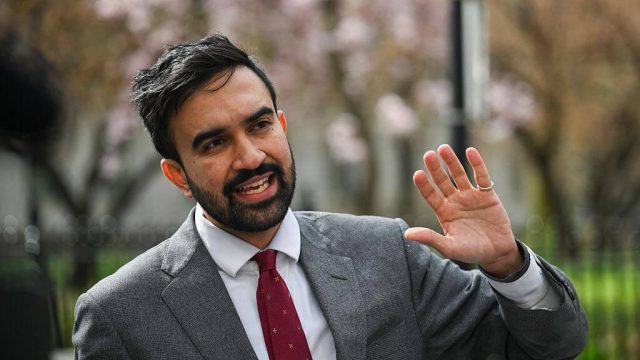Rethinking the Eco-Social Contract
A network meeting for the Global Research and Action Network for a New Eco-Social Contract, 22nd February 2022

“ The time has come to replace the broken social contract and to create a new one geared to greater inclusion and sustainability.”
This webinar, the first in a series organised by the Global Research And Action Network For A New Eco-Social Contract, brings together experts and actors for a new eco-social contract to discuss the thinking behind eco-social contracts past and present from different parts of the globe. The webinar will also throw light on how a 21st century eco-social contract can be fostered through a raft of changes to policies and institutions so that they are democratic, inclusive and promote gender and environmental justice, coupled with alternative economies and transformative social policies.
The idea of a new eco-social contract is a way to give substance to the vision of the 2030 Agenda for Sustainable Development, going beyond the social contract associated with Western welfare capitalism. The idea itself is not revolutionary as different types of social contracts can be identified across the world.
Notions of social contracts have existed in the form of African communitarian approaches dedicated to the common good such as “Ubuntu” (I am because we are); in the Sanskrit phase “Vasudhaiva Kutumbakam” (the world is one family) found in Hindu texts; in “Buen Vivir” (good living)―the social philosophy inspiring movements in South America; as well as in post-colonial social contracts concerned with nation building, state legitimacy and social cohesion. Over time, these social contracts have taken different shapes and meanings under different circumstances.
Speakers
- Communitarian imaginaries as inspirations for rethinking the eco-social contract?
Manisha Desai, Senior Research Fellow at UNRISD - How we advocated successfully to change the law to support small green businesses in Peru
Luis Miguel Prado, Libelula Sustainable Business Association - Climate action and litigation in Germany
Jannis Kruessman, youth activist from Fridays for Future
Moderator: Najma Mohamed, Policy Director at Green Economy Coalition


